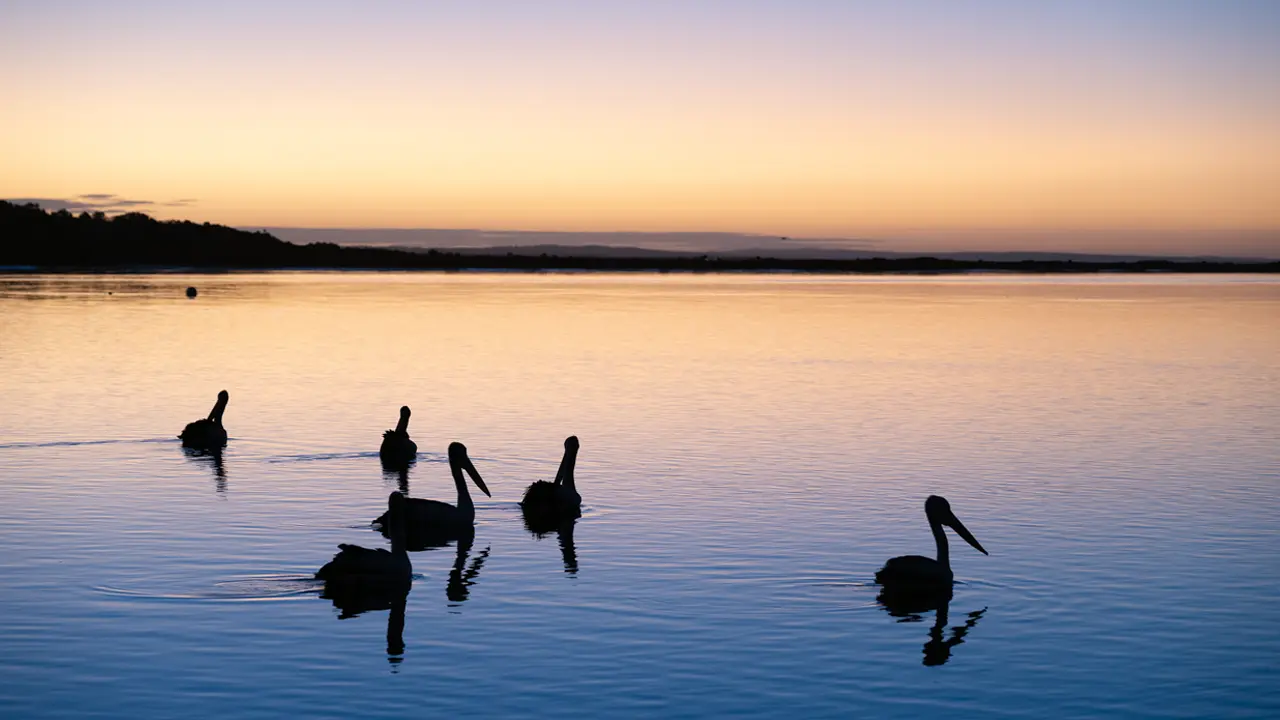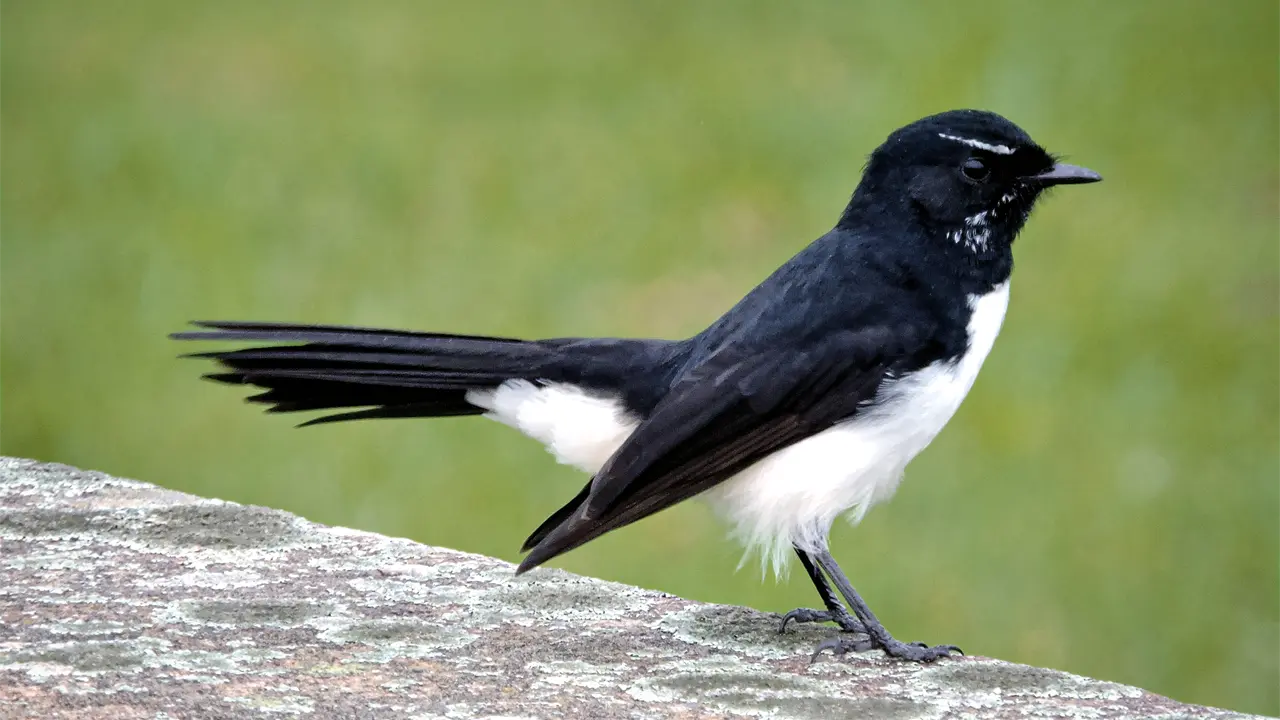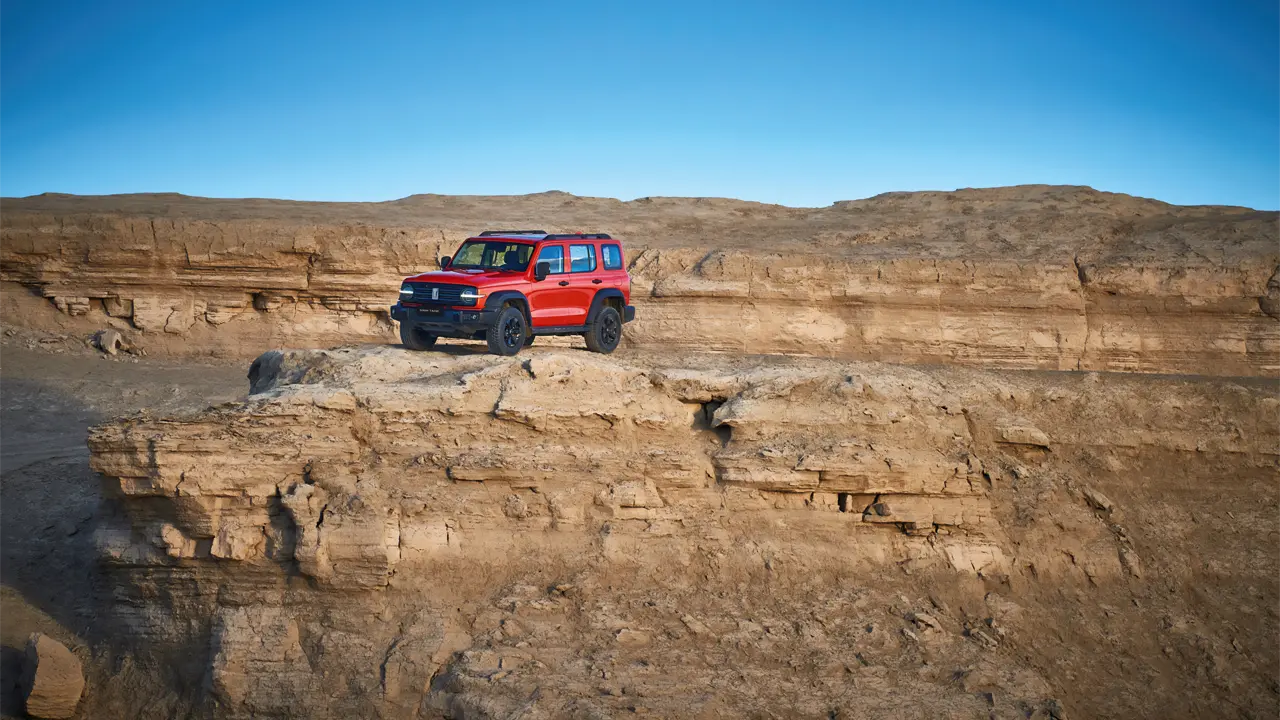The residents of the small town of Mungindi live in both New South Wales and Queensland. What it lacks in bureaucratic unity it makes up for with a can-do attitude.
Story By John Dunn
Mungindi, according to some, is neither here nor there. Certainly it can be confusing because part of it is in New South Wales and the rest in Queensland – a single settlement in two places. Not only do its residents deal with two states and their rules and regulations but also four councils whose borders converge on the town and its environs.
Mungindi sits astride the Barwon River, which at that point is the border between the states. It is 738 kilometres north-west of Sydney and 511km south-west of Brisbane. Some 650 of its people live in New South Wales and about 150 in Queensland. All of them seem to cope quite well with the split personality of their town.
For several months of the year they have two time zones. Their pre-school is in Queensland but all the other educational facilities are in New South Wales. Most of secondary students who go to boarding school cross the river to travel to Brisbane or Toowoomba, mainly because they’re closer.
The sole doctor is south of the border while the hospital is on the other side, but there are plans for him to move his rooms over the bridge to the hospital complex. The police are divided – there is a station on each side – and so are the hotels, with the Two Mile in Queensland and the Jolly Swagman Hotel in New South Wales. But there is one thing in common, the postcode – 2406 – the only situation in Australia where residents of one state have the postcode of another.
Sue Price, her husband Glen and their business partners own wheat and cotton properties on both sides of the river. Sue and Glen have lived in Mungindi for almost 30 years. Sue is a councillor and deputy mayor for Moree Plains Shire Council, one of the four local government bodies that are involved in either the town or the immediate area. The others are Walgett Shire in New South Wales and Balonne and Waggamba shires in Queensland.
“It can be a bit difficult at times dealing with four separate administrations,” Sue says. “We are on the fringe of all of them and a long way from their main offices, up to 120km in just about all cases, but we do get things done – we have a reputation for punching above our weight. We are a very united town and we pride ourselves on being progressive.”
This story excerpt is from Issue #78
Outback Magazine: Aug/Sept 2011









